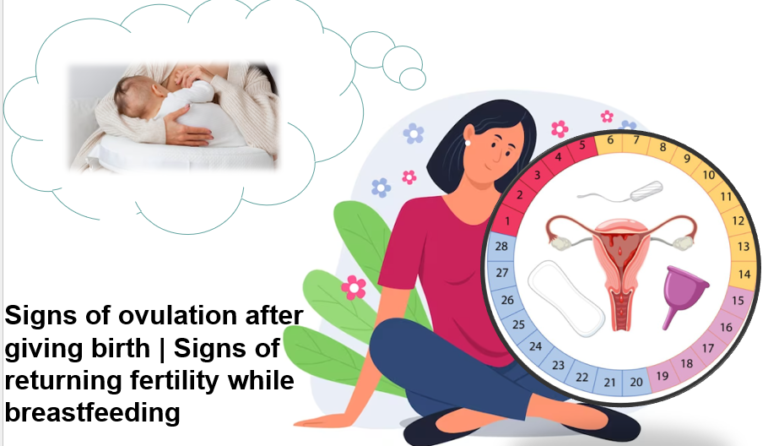How does shilajit for women help in regulating the hormones?
Shilajit is a sticky substance found in the rocks of the Himalayas, Altai, Caucasus, and other mountain ranges. It is formed over centuries by the decomposition of plant and microbial matter. Shilajit has been used in traditional Ayurvedic medicine for centuries and is believed to have various health benefits, including its potential to regulate hormones. However, it’s important to note that scientific research on shilajit is still in its early stages, and more studies are needed to fully understand its mechanisms and effects.

How does shilajit help in regulating hormones in womens?
Shilajit for women is believed to interact with various hormones and play a role in hormonal regulation. While research on this topic is ongoing, here are some potential relationships between shilajit and hormones:
- Fulvic Acid Content: Shilajit is rich in fulvic acid, a compound that may play a role in improving nutrient absorption. It is believed that fulvic acid may enhance the transport of minerals and other nutrients into cells, potentially influencing hormone production and regulation.
- Adaptogenic Properties: Shilajit is considered an adaptogen, which means it may help the body adapt to stress and maintain balance. Chronic stress can lead to hormonal imbalances, and adaptogens like shilajit which support the body’s ability to cope with stress.

- Antioxidant Properties: Shilajit contains antioxidants, which may protect cells from oxidative stress. Oxidative stress can contribute to hormone imbalances, and the antioxidant properties of shilajit may help mitigate these effects.
- Anti-inflammatory Effects: Chronic inflammation can disrupt hormonal balance. Shilajit is believed to have anti-inflammatory properties, which may contribute to its potential in supporting hormonal regulation.

It’s important to approach the use of shilajit with caution. While some studies suggest potential benefits, more research is needed to establish its effectiveness and safety. Additionally, individual responses to shilajit may vary, and it’s advisable to consult with a healthcare professional before incorporating it into your routine.
Is shilajit safe for women to use, especially considering its potential impact on hormones?
The safety of shilajit for women can vary, and individual responses may differ. While some studies suggest potential benefits, more research is needed to understand its effects fully. It’s advisable for women, especially those who are pregnant or breastfeeding, to consult with a healthcare professional before using shilajit.

Can shilajit help with hormonal imbalances in women, such as irregular menstrual cycles or menopausal symptoms?
While some believe that shilajit’s adaptogenic and hormone-regulating properties may offer benefits for women experiencing hormonal imbalances, scientific evidence is still limited. Women seeking to address specific hormonal concerns should consult with a healthcare provider for a comprehensive evaluation and personalized recommendations, as relying solely on shilajit may not be sufficient or appropriate.

Are there any potential side effects or interactions with medications when using shilajit for hormonal support?
Shilajit is generally considered safe when used as directed, but individual responses can vary.
Potential side effects and interactions with medications are not yet fully understood, emphasizing the importance of consulting with a healthcare professional before incorporating shilajit into one’s routine. This precaution is particularly crucial for individuals with pre-existing health conditions or those taking medications that may interact with shilajit.
Conclusion
In conclusion, while there is some evidence and traditional use suggesting that shilajit may influence hormonal regulation, the scientific understanding of its effects on hormones is still in the early stages. Shilajit is thought to interact with various hormones, such as testosterone, and its fulvic acid content may impact nutrient absorption, potentially affecting hormonal balance indirectly.However, it’s important to note that research on shilajit is not yet conclusive, and more rigorous, well-designed studies are needed to establish its effectiveness, safety, and long-term impacts on hormonal health.
FAQ’s
Does shilajit improve fertility in women?
Limited evidence; consult a healthcare provider for fertility-related concerns and guidance on shilajit usage.
Can shilajit be taken during menstruation?
Generally safe, but individual responses vary; consult a healthcare professional for personalized advice during menstruation.
How long does it take for shilajit to show hormonal effects?
Variable; scientific evidence on timing is limited. Monitor and consult a healthcare professional for individualised guidance.















+ There are no comments
Add yours